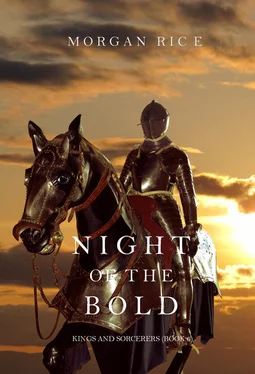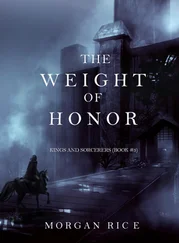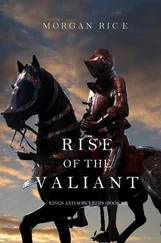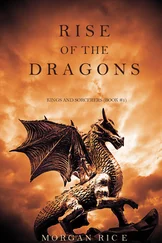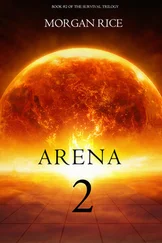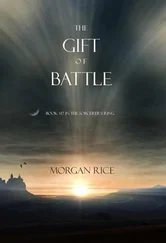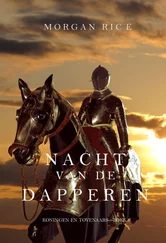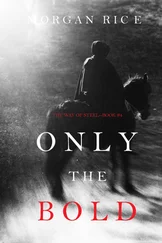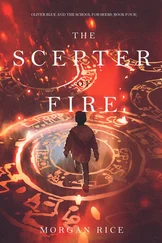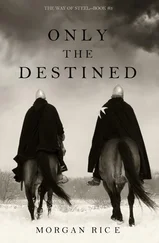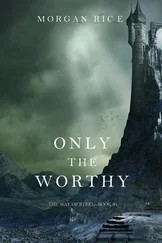“Warriors,” Seavig boomed. “The fate of Escalon rests on our shoulders. Without securing our ports, without securing our shores, our land shall always be vulnerable. Our men on land look to us to hold the sea. Without the sea, the men of Escalon shall always be slaves.”
Seavig looked out at all the faces, all looking back intently.
“Pandesians have taken our beloved city of Esephus, have destroyed our great water ports,” he continued. “And now it is time for us to take it back. They have murdered countless of our brothers; now is our time to avenge them.”
His men let out a cheer.
“We shall sail now,” Seavig continued, “under the cover of darkness, north, along the Sorrow, to attack a thousand ships, to free Ur, and to liberate our ports once again. We shall confront a great fleet, and we shall likely not survive.”
He looked out at all his men.
“Who is with me?” he called out.
As one, all his men cheered, and Seavig’s heart lifted. There were true warriors.
Without another word they all quickly boarded the waiting ships. Seavig jumped to the bow of the first, and without hesitating, turned, raised his ax, and severed the rope tying it down.
The men cheered as his ship was immediately picked up by the great currents sucking it out to sea, into the Sorrow, into the twilight. Ur awaited them.
And the battle that would define their lives.
Kavos, flanked by Bramthos, led his hundreds of warriors north, riding for Kos, watching the mountains on the horizon as they neared Andros – determined to carry out Duncan’s mission. Kavos brooded on the battle before him. He would have to find a way, as Duncan had commanded, to take on the northern Pandesian legion. It was no easy feat. He would have to lure the massive Pandesian army out from Andros, force them to attack him, to follow his men to Kos. If he was victorious, northern Escalon would be free of Pandesians; if not, his homeland would never be free, even if Duncan met victory at the Devil’s Gulch.
Kavos knew this was a foolhardy mission. He, with his mere hundreds of men, could not hope to defeat a well-trained army of tens of thousands. In some ways, this was a death march. Yet Kavos had one glimmer of hope: if he could draw them away from the capital, if he could lead them all the way to the mountains of Kos, then they would be in his territory. It was an unforgiving territory for those who did not know it well – and Kavos and his men knew it better than anyone. There, high up in the mountains, he had men on reserve for a time like this. And if the stars aligned, maybe, just maybe, they could lead the Pandesians into a death trap.
Kavos rode faster, determined. He had not taken on this mission to save his own life, or the lives of his men; he had taken it in order to do what was best for his country, what his homeland demanded of him. If there was any hope of defeating these Pandesians, this was it. After all, the Pandesians would hardly expect an attack. A surprise attack might just stun their army, and in the chaos, they could make a rash decision.
Kavos kicked his horse and pushed him faster, riding as he had for hours, and as the sun began to set, finally, he saw it. It was at first, a faint image on the horizon, but as he neared, his heart leapt as he spotted on the horizon the outline of what remained of the capital of Andros, and the Pandesian forces lined up before it. There they were, milling around the city like ants, tens of thousands of men, holding the north, terrifying Escalon into submission.
Kavos was inflamed with rage at the sight of these invaders in his homeland, and especially his capital. The men of Kos, ensconced in the mountains, were separatists, yet they were still men of Escalon. And an indignity to Escalon was an indignity to them all.
“Horns!” he cried.
Kavos’s men raised battle horns up as they rode and sounded them, one at a time, until the sound filled the sky. Slowly, the tens of thousands of Pandesian soldiers turned, spotting them as Kavos hoped.
Now that they caught sight of him, Kavos turned and led his men to the northeast, skirting the city, heading for the distant peaks of Kos. This was not the place to engage them, not here, in the open field; rather, he wanted to lure them away, to a place in which they be at a huge disadvantage. The question was: would they be foolhardy enough to take the bait?
Kavos looked back and his heart raced to see the Pandesians mount their horses, sound their own horns, and follow. He grinned, satisfied, as tens of thousands of men rode out of the capital, pursuing Kavos and his men toward the snowy mountains of Kos.
Kavos galloped faster, leading his men through narrow passes, between outcroppings of rock, zigzagging in the already snowy terrain, knowing he could not afford a single mistake. They had to reach the mountains before the Pandesians could reach them; otherwise they would be finished.
He rode and rode, thrilled to hear the rumble of an army chasing him, and he looked behind him to see the Pandesians closing in. They were gaining speed, and their forces outnumbered his own a hundred to one. Kavos turned and looked forward and saw the mountains looming. It would be a race to the finish.
He made a sharp turn between another narrow pass, and when he emerged, he was stunned at what he saw before him: there was another Pandesian garrison, blocking his path. He had not expected this. Thousands more Pandesian soldiers, on horseback, blocked his way to the mountains. He had underestimated them. The Pandesians must have known all along that he would come this way.
There was no time to stop, or to turn back – Kavos had no choice but to lead his men into battle against the much greater force. He lowered his head and charged and let out a great battle cry as he drew a sword and raised it high. Bramthos drew his sword beside him, as did all his other men, none, he was proud to see, slowing. They all thundered as one for the enemy, knowing they would have to fight their way through them if they had any chance of making it home.
Perhaps, Kavos realized, he would never reach his beloved mountains. Yet at least, he thought, as he lunged for the first man, he would die for his homeland in one final burst of glory.
Vesuvius led his nation of trolls south, storming the countryside, racing for the remains of the Tower of Ur. He heard their great shouts behind him, and took satisfaction in known his entire nation was reinvigorated now that he was leading them again.
Vesuvius held his halberd high, elated to be leading again, and let out a great battle cry. He could already see up ahead the fissure in the earth, the gaping chasm Alva had created which had swallowed up thousands of his trolls. Vesuvius watched as, in the distance, many of his trolls toppled trees, forming a temporary bridge to span the great divide. He watched as dozens attempted to race across it. Yet as they did, Alva merely widened his fissure, and the trees fell into the chasm along with dozens more screaming trolls. It was a slaughter.
Vesuvius scowled, more determined than ever. From here on in, the slaughter would end. There was only one way to defeat a powerful sorcerer like Alva, he knew. Not by sheer force – but through deception.
“TROLLS!” he shouted. “FOLLOW ME!”
His army followed as Vesuvius, but a few hundred yards away from the fissure, veered left instead of toward it. No, Vesuvius would not attack Alva head-on; that was a battle he could not win. He would go around him, instead, take the long way, and in the meantime ravage all the villages in his path. He could abandon the Tower of Ur for now, and circle back to it from behind, when Alva least expected it.
Читать дальше
Конец ознакомительного отрывка
Купить книгу
